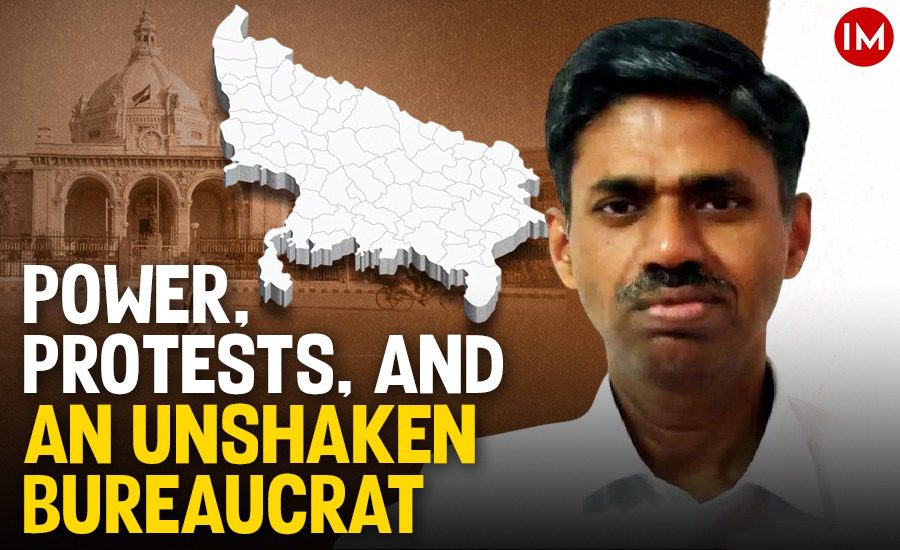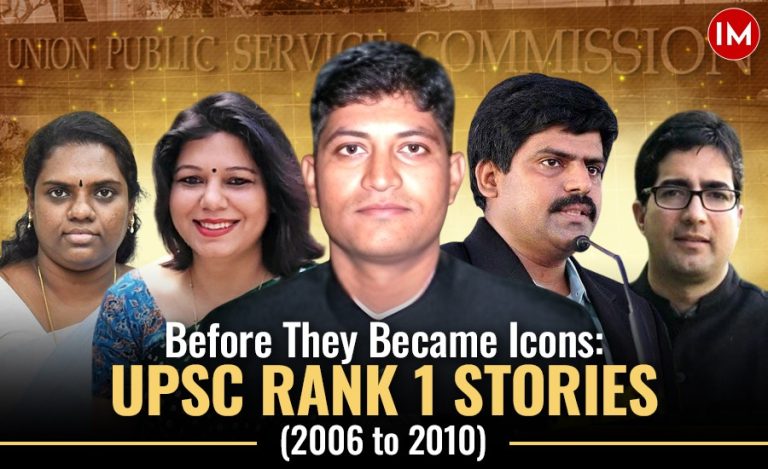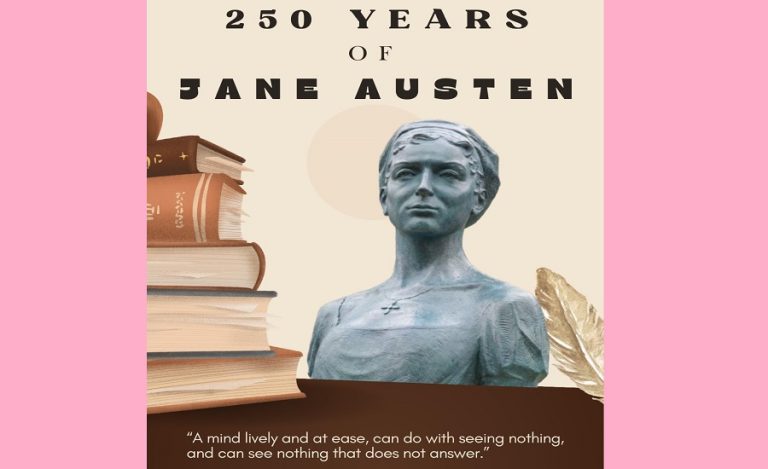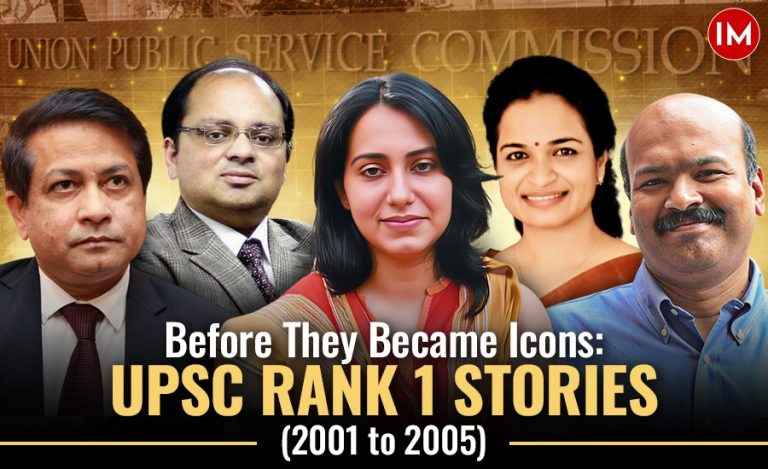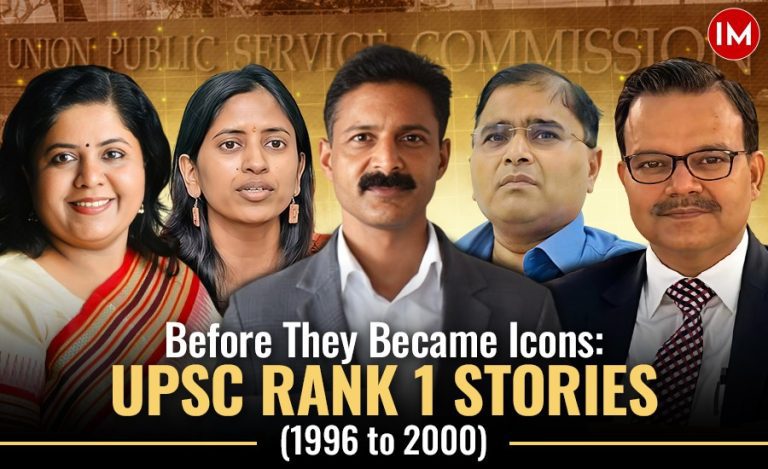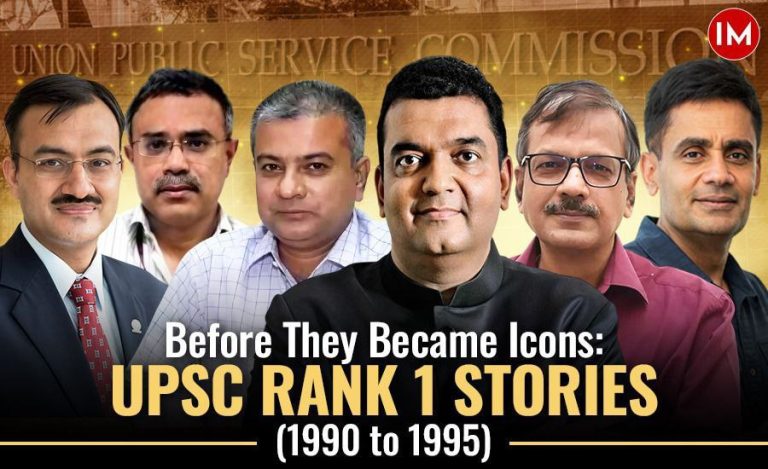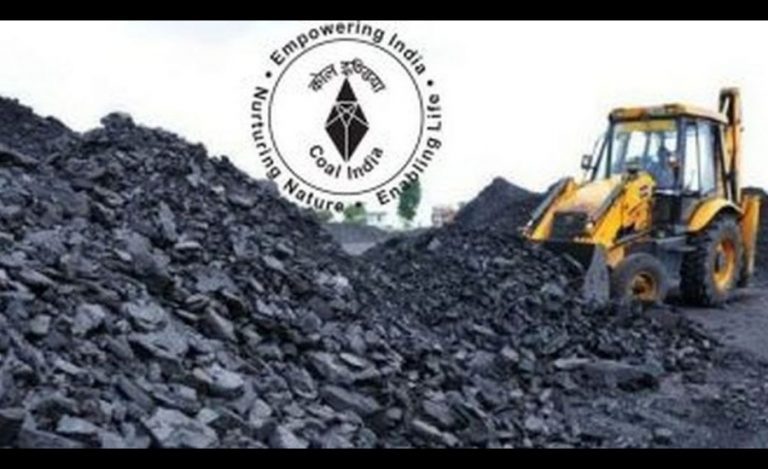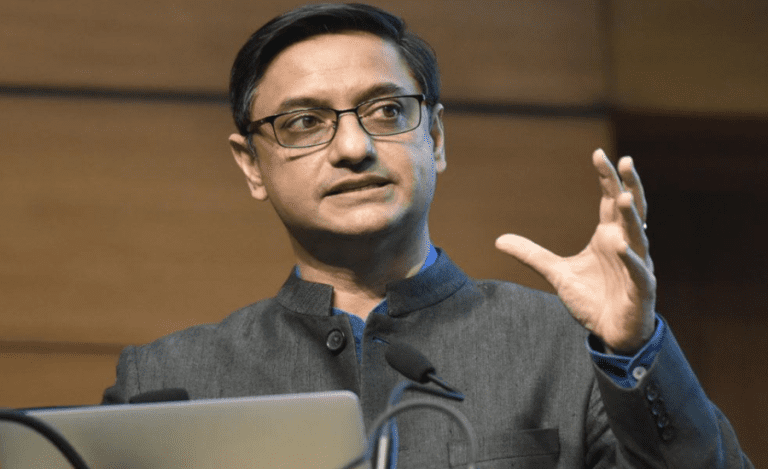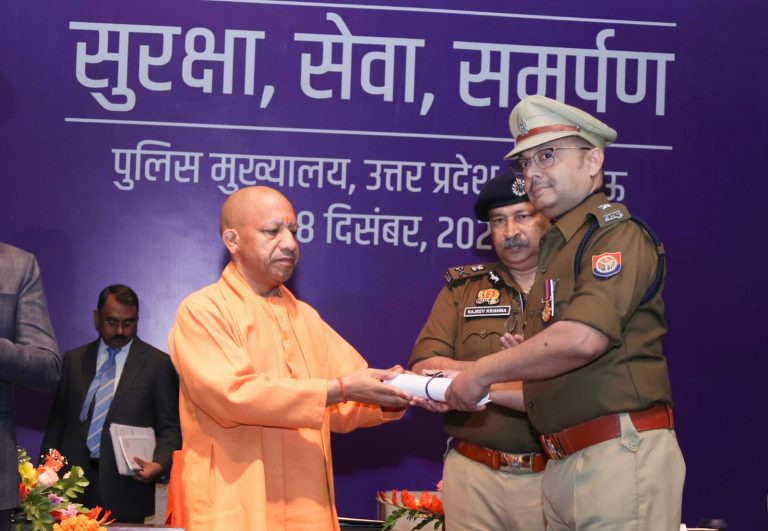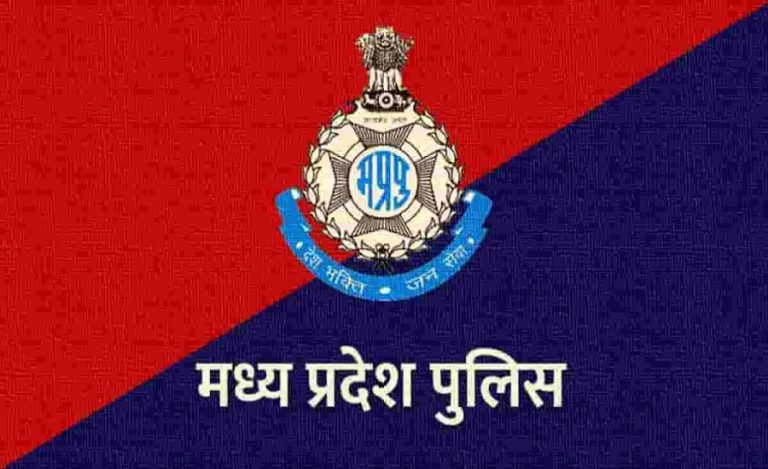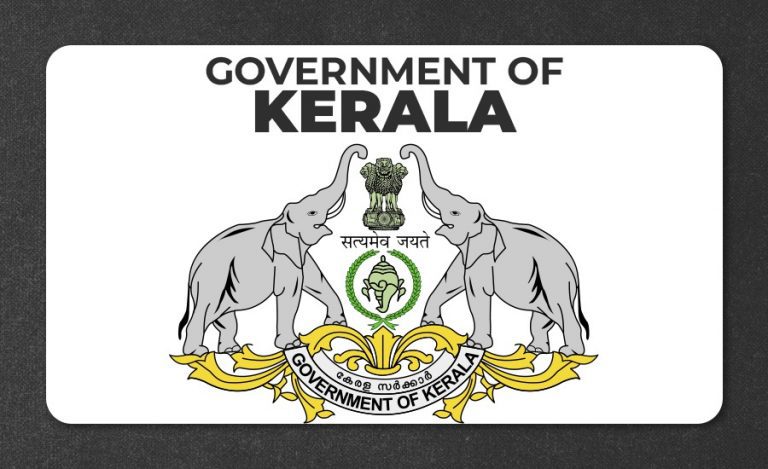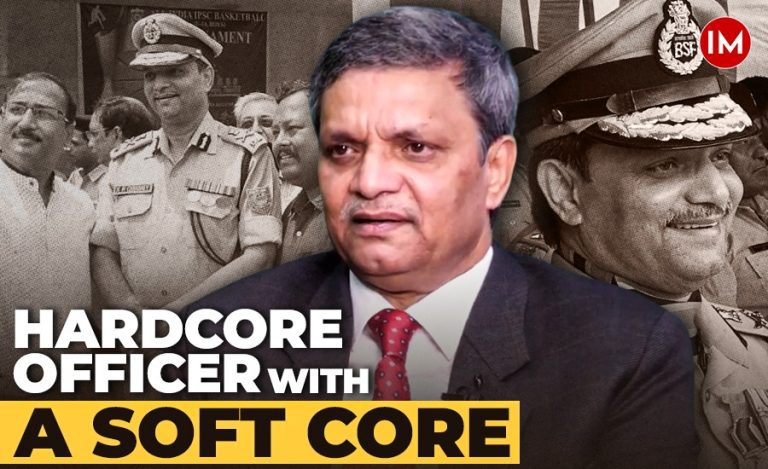When M. Devraj walks into a meeting room, silence falls like a gavel. Officers sit up straighter, files appear magically, and excuses disappear. This is the aura that the 1996-batch IAS officer has built over nearly three decades: an administrator who refuses to flinch when the ground shakes under his feet.
Born in Virudhunagar, Tamil Nadu, M. Devraj is today one of Uttar Pradesh’s most influential officers. As Principal Secretary, Appointment and Personnel, with an additional charge of the State Tax Department, he stands guard at the gates of the state’s bureaucracy and, many would say, its conscience too. It’s not an easy post. It never was. But for Devraj, easy has never been the point.
FROM COLLECTOR’S CHAIR TO CHIEF GATEKEEPER
Before he became the nerve centre of UP’s appointment and tax machinery, M. Devraj spent years in the field, holding the unenviable charge of District Magistrate in ten districts, including heavyweights like Rampur, Bareilly, Badaun, Jhansi, and Unnao. As Collector and DM, he was not just the government’s face but its voice, hammer, and scalpel rolled into one, managing law and order for millions, pushing files that decided who got a road, a school, or a hospital.
It was here that he cemented his reputation: no patience for half-measures, zero interest in popularity contests. Farmers, contractors, teachers, politicians… everyone knew that if Devraj was in the DM’s chair, shortcuts were best kept away.
A RECORD OF ROUGH ROADS AND ROUGHER STANDS
After the field, bigger battles waited. As Principal Secretary of the Department of Technical Education and Skill Development, and then as Chairman and Managing Director of Uttar Pradesh Power Corporation Limited (UPPCL), Devraj stepped into storms many would politely sidestep.
In UPPCL, he cracked down so hard on inefficiency and mismanagement that the system rattled on its own bolts. In two years, over 250 engineers found themselves suspended or terminated. Protests broke out. Workers squatted on roads for 65 hours straight. They demanded Devraj’s removal. The government didn’t budge. Nor did he.
At one stormy review meeting in Gorakhpur, Devraj stunned a room full of officers with one line: “Get the dues collected, or I won’t let you keep this job.” The message landed harder than any official memo ever could.
INTO THE EYE OF THE GST STORM
Then came August 2024 and a major reshuffle. Devraj was handed the dual responsibility of the Appointment and Personnel Department and the State Tax Department. Few understood immediately what this meant until the raids began.
Under Devraj, the state’s GST machinery tightened its screws like never before. Uttar Pradesh’s tax revenue, 70% of which flows from State Tax, had been sluggish. Devraj turned it into a mission. Officers suddenly found themselves attending video calls on weekends. Surprise checks, door-to-door inspections, late-night reports — the system buzzed with a new energy and fear.
Traders in Kanpur, Gorakhpur, and other cities began downing shutters in protest. Rumours of businesses fleeing Kanpur swirled. Gutkha traders, once brazen, now found GST officers camping outside warehouses. Fear, many said, turned into panic.
A DEPARTMENT UNDER SIEGE
The iron grip came at a cost. Stress lines deepened inside the GST department itself. Officers complained of impossible targets and relentless raids. In the days that followed, the GST Officers’ Service Association staged rare protests. They walked out of official WhatsApp groups. Plans were drawn for mass casual leave after Holi. The discontent grew louder, but Devraj, characteristically, didn’t blink.
CLOSE TO THE TOP AND CLOSE TO THE CHIEF
Those who watch Uttar Pradesh’s corridors of power know that Devraj’s real shield is trust. Chief Minister Yogi Adityanath counts him among his closest officers, the man you send when a department needs to be squeezed dry of complacency. Appointments, postings, promotions… the files pass through Devraj’s table, and he reads them like a hawk circling a field mouse.
The Appointment and Personnel Department is the state’s bureaucratic heart. Add to that the sensitive, cash-heavy State Tax Department and it’s clear that Devraj’s grip reaches the pulse and the purse of India’s most populous state.
LOVED, FEARED, BUT NEVER IGNORED
Inside the secretariat, old-timers remember how Devraj handled policy on agriculture, horticulture, food processing, rural infrastructure, primary to technical education, public works, and land revenue! A list so long it looks like an index of UP’s development challenges.
He has pushed forward rural roads, cleaned up power leaks, watched over school budgets, planned sanitation drives, and even handled knotty questions around intellectual property laws. But for all this, his style has remained the same: tough, direct, and unyielding.
WHERE THE FEAR COMES FROM AND WHERE IT STAYS
Some call him ruthless. Others call him necessary. Both may be right. M. Devraj’s story is not of a hero or villain. It’s about a bureaucrat who believes that a government post is not a picnic spot; it’s an anvil, and he is the hammer.
From electricity poles to GST raids, from DM bungalows to the echoing hallways of Lok Bhawan, Devraj’s signature is easy to spot: if there’s a mess, he will walk into it. If there’s noise, he will raise it. And if the system trembles, he won’t flinch.
In today’s Uttar Pradesh, that makes him one of the most watched and whispered about men in power. One who refuses to look away.

